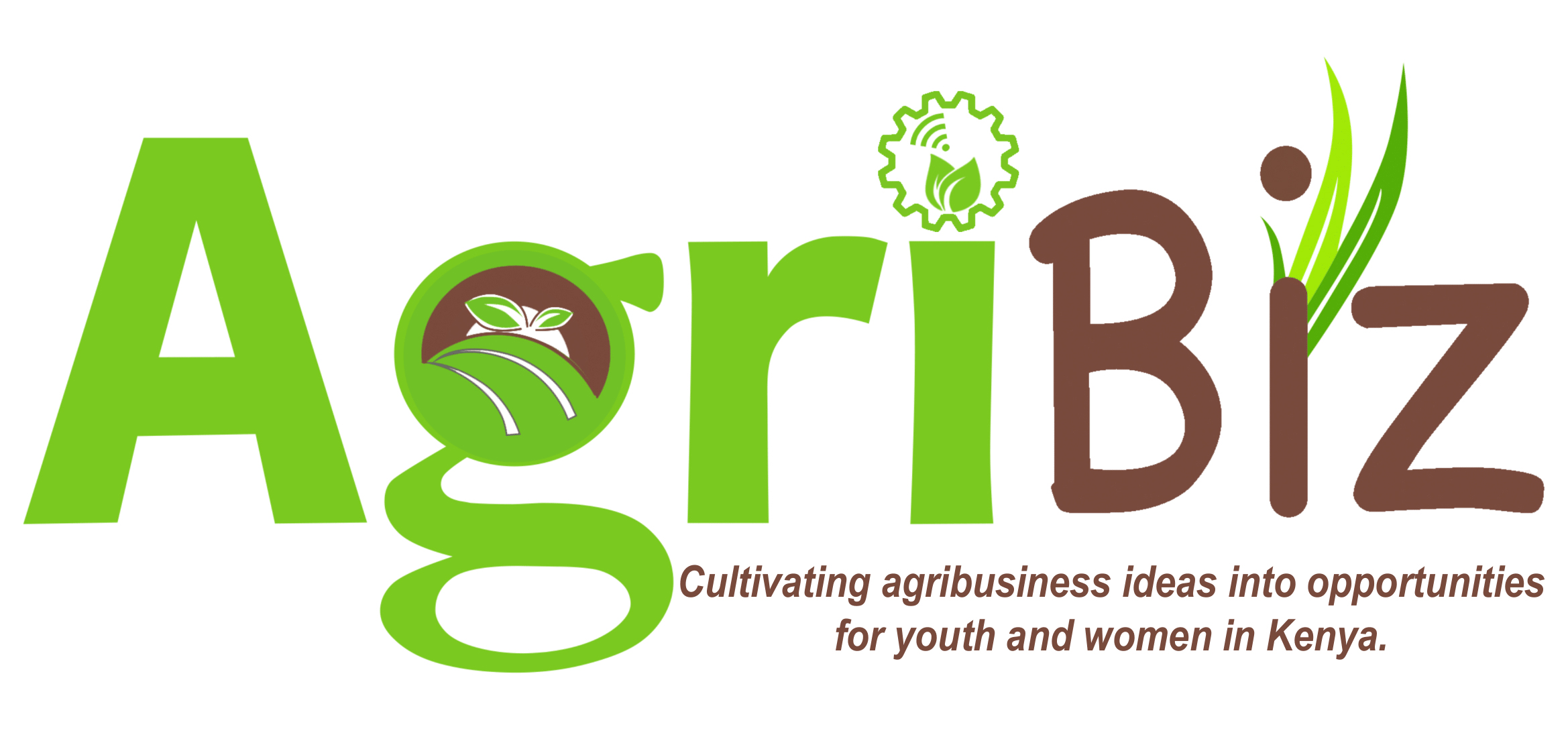Apart from being a good source of calcium, vitamin B and C, camel milk has natural amounts of non -saturated fatty acids. According to Kenya Agricultural and Livestock Research Organisation, KALRO, these contents have numerous medicinal benefits that boost immunity, help manage diabetes, improve blood circulation, lower arthritis and combat several allergies in humans. Taking advantage of this rare commodity to make a fortune is Jamah Warsen and his wife Zam Zam Haji. Through their company, White Gold Camel Milk, the duo processes camel milk, packs and distributes to retail outlets across the country.
Situated in Thingithu Estate on the outskirts of Nanyuki town, Laikipia County, the enterprise has a processing plant to pasteurise and package up to 700 litres of milk a day. However, depending on the season supply, the milk production capacity could range to as low as 120 – 160 litres of milk per day.
The farm is run by 10 employees and receives camel milk from eight recommended suppliers whose animals have been certified.
The milk is first weighed at the firm and tested for adulteration and bacterial infection before it is pasteurised at 80 degrees centigrade. It is later cooled to 40 degrees celsius, then packaged in half-litre containers and distributed to retail outlets, including major retail chain supermarkets across the country, Agha Khan and Kenyatta Hospitals and the University of Nairobi and Moi University.
Everything sounds so simple and easy. Only one way to find out more.
As we walk through his farm, Jamah quickly notes that the journey has not been easy. He accrues his success to a decision he made five years back. He made a critical life decision that led him to leave his prestigious legal practice in the United States of America to come back home to set up the camel milk company.
“I flew to Kenya often to see my family. During one of those visits, my wife and mother-in-law suggested the idea of processing camel milk. My wife had worked for a camel milk distribution firm but had folded after the owner died. Bearing in mind the many health benefits of camel milk, I thought it was worth trying. Five years later, here we are, still going strong,” Warsame says.
To start his business, Warsame knew he needed to acquire knowledge. Therefore, he enrolled at the Dairy Training Institute to learn about milk handling. Upon registering his entity, he was given clearance by the Kenya Bureau of Standards (KEBS) to deal in food products. He made his first sales in November 2017.
Warsame says that the demand for camel milk in the country is overwhelming following increased awareness of its health benefits. However, his company has been unable to sustain orders from retailers and home deliveries that extend to Kampala in neighbouring Uganda.
“Sometimes we are forced to work so late into the night while doing the packaging to meet customer demands that are growing by the day,” he says.
With most pastoralists dependent on livestock, Warsen is happy to note that his business has given them camel farmers hope that camel milk can be a good source of income asides from its meat and hides.
The entrepreneur opines that Kenya, with the fifth-largest camel herds in the world after Somalia, Sudan, Ethiopia and Mauritania, has great potential to emerge as a leading camel milk producer.
“We are constrained most of the time due to limited financing. The partnership with Kenya Climate Innovation Centre, through the AgriBiz programme, is timely. We hope to expand our plant operations, set up a cooling plant and open a camel milk depot in Nairobi,” Warsen explains.





